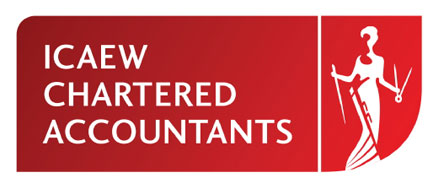Euro Area – Economic forecast summary (May 2014)
May 28,2014
Economic activity is projected to continue to recover as confidence improves further, financial market fragmentation declines and fiscal consolidation eases. Still, the pace will remain moderate, with still-high debt and tight credit conditions bearing on economic activity, especially in the vulnerable countries.Weak private sector balance sheets are likely to continue to affect confidence and growth for some time. High unemployment and large margins of excess capacity will recede slowly with inflation remaining very low.
Fiscal consolidation should continue as planned, given that public debt is still much too high, but the automatic stabilisers should be allowed to operate fully. The ECB should reduce interest rates further, given very low inflation and the risk of deflation. Additional non-conventional measures would be required if inflation did not show clear signs of returning toward the ECB target or, a fortiori, if a deflationary scenario threatened to occur.
Credible asset quality reviews and stress tests and, where needed, swift recapitalisation or restructuring of banks are required to support the upswing and underlying growth. Structural reforms in labour and product markets are necessary to boost growth and jobs, with more emphasis given to completing the EU Single Market programme.
Source: http://www.oecd.org/



